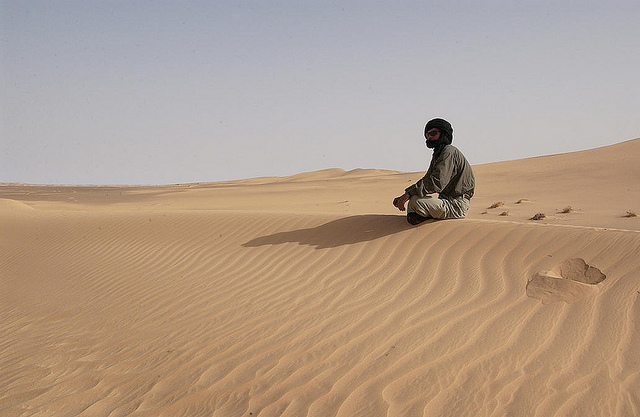Updated
State’s Confused Western Sahara Human Rights Reporting – Robert M. Holley

Western Sahara refugee Photo: United Nations
Robert M. Holley
May 23, 2018
The State Department is utterly confused on how to report on the subject of human rights in Western Sahara. And it has been getting progressively more confused as the years have passed.
Every year, usually sometime in April, the State Department provides a Congressionally-mandated human rights report on every country in the world. And that is where the problem begins. Western Sahara is not a country, but for some unknown reason it gets its own human rights report. Western Sahara is one of seventeen places on the globe that the United Nations recognizes as a “non self-governing territory.” The United States is the Administering Authority for several such places, Guam and the US Virgin Islands, for example. The United Kingdom is the Administering Authority for the vast majority of them. France also has a couple to watch over and care for. None of the others have their own dedicated human rights report, that dubious distinction seems reserved only to Western Sahara.
Among non self-governing territories, there is nothing about Western Sahara that really distinguishes it from the others on the list. They are all basically remnants of the colonial age. Spain was its previous Administering Authority, a status they abandoned in 1976, and today it is Morocco that serves that capacity in a de facto role, largely because the United Nations cannot seem to determine whether there is any de jure answer to that question pending a resolution of the on-going dispute over the question of sovereignty there.
Morocco claims that it has a legitimate historical claim to sovereignty in the region and administers the territory consistent with its governance in the rest of the country. Senior government officials there have many times expressed their unhappiness that the State Department does not simply include its assessment of human rights conditions there within the body of the human rights report on Morocco itself. As a former US diplomat (see bio), I replied that if State did it Morocco’s way, who would report on human rights conditions in the Polisario run refugee camps in Algeria since it was the responsibility of those writing the Western Sahara human rights report to cover those issues as well. It was important that the State Department did not let Polisario entirely off the hook on human rights issues and their misdeeds were also chronicled in the annual document. Regrettably, over the years the report on Western Sahara has abandoned the responsibility to report on the atrocious human rights conditions in the camps. This has led to unhappy consequences in the relations between Morocco and the United States.
From the Moroccan perspective, it gets hammered on these issues in the US report on Western Sahara and Polisario gets a free ride and license to complain and weaponize the issue against Morocco in the Western Sahara dispute because State no longer reports on issues in the camps. If you don’t believe that, read the report this year. The word Polisario and their behavior on human rights is totally ignored.
I think there is one of two ways to resolve this problem. The easiest way is to instruct those responsible for covering human rights in Western Sahara to ensure that both Morocco and Polisario are held to the same standard and receive the same attention in the report on human rights in Western Sahara. Alternatively, State could include Western Sahara human rights issues in the body of the Morocco report and Polisario refugee camp issues in the body of the report on Algeria since that is where the camps are located and it is Algeria that is ultimately responsible for human rights conditions on its own territory.
What should not be allowed to continue is giving Polisario a free ride on its human rights behavior. This leaves the distinct impression that the United States does not have a consistent and balanced view on this issue as concerns the on-going international dispute over the future of this territory.
